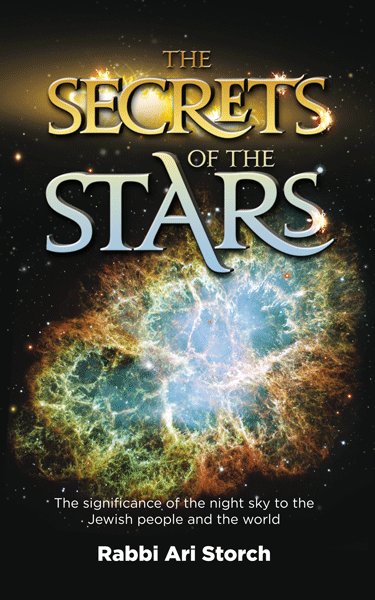Most are familiar with the fact that Rosh Chodesh is associated with the lunar cycle. Therefore, when they see the Yerushlami (Rosh Hashana 14b) they do a double take. The Yerushalmi states that both the sun and moon play a role in the determination of Rosh Chodesh. Essentially, when the new moon is sighted and/or sanctified by the official beis din, the NEXT DAY is considered Rosh Chodesh.
The Yerushalmi determines this based on a pasuk that states that the sun knows its path and the moon determines the specified times. The Yerushalmi understands this to mean that through the sun's path we determine the times of the moon and the effects of a new moon will not happen until that solar day (at sunset) is over. In this way, Rosh Chodesh can be viewed as a synthesis of the solar and lunar paths in the sky.
Although, the Acharonim on the page stipulate theories in order to try and read this Yerushalmi within the conventional understanding that the sun does not have any effect on Rosh Chodesh, the plain reading (as expressed above) can be found as given by Rashi on Bereishis Rabbah (6). While this opinion does not appear to be considered by the Bavli, and certainly not by the Rambam (Hilchos Kiddush HaChodesh), it is still fascinating to see it in a primary text. (For a resolution to the problems presented by certain Mishnayos in Rosh Hashana please see the post Superhuman Sight that I posted here on August 5 of this year.)
The Shibbolei HaLeket (168) references this Yerushalmi (in the plain form, as well) and states that this is an answer to a question that he has pondered in the past. When a month has 30 days, the last day is called Rosh Chodesh in addition to the following day (the first of the next month). He wonders why this day should actually have any sanctity considering that it is not the true first of the month. He responds by saying that this day enables the following to be Rosh Chodesh, simlar to the day beis din declares the sanctification of Rosh Chodesh which causes the FOLLOWING day to be Rosh Chodesh. He cites this Yerushalmi to support his claim!


2 comments:
The new moon is not visible until *after sunset*. At that point, it *IS* the next day, at least according to Rebbi's explanation (of R. Yosi's enigmatic "B.H. k'heref ayin v'lo yachlu hachamim la'amod alav, ze nichnas v'zeh yotzei") in first perek of Y. Berachos.
Firstly, thank you for your comment. I am not understanding your assertion, though, because of the following: Beis Din must sanctify the new moon during the daytime. (Rosh Hashana 25b) The Yerushalmi states that once they sanctify it the following day is Rosh Chodesh. If Beis Din is proclaiming the sanctification then the moon must have become visible prior to this time. This is because they only sanctify after it has become visible. So, it would be impossible for the case to be that the new moon was sighted and sanctified at night (post sunset) and that that is what is meant by being the next day because Beis Din cannot sancitfy the moon at night. This is why Rashi, the Shibolei Haleket and the Korbon Haeidah all state that we are talking about a case where the moon was sighted and sanctified on one day, but the sanctification does not take effect until the next. Also, I am a little confused because the new moon can be seen prior to sunset. I am also not sure what you are citing from Rebbi Yose (Berachos 2b). Although perhaps you are referencing what Rav Y. I. Chaver mentions in his Seder Zmanim. He mentions that for the purposes of judgment daytime extends past sunset. Are you stating that this Yerushalmi goes with that until the opinion of Rebbi Yose which is later than even Rebbi Yehuda's opinion. (See Shabbos 34b, Tosefos there, the Rosh there; and Ramban Toras Haadam, Aveilus Yeshana) If so, until that point is the first day and after that point is the next, so how would that work with the Yerushalmi? Also, he reads this even in Rebbi Yehuda based on the Peirush Hamishnayos at the end of the second perek of Shabbos. Can you please clarify?
Post a Comment